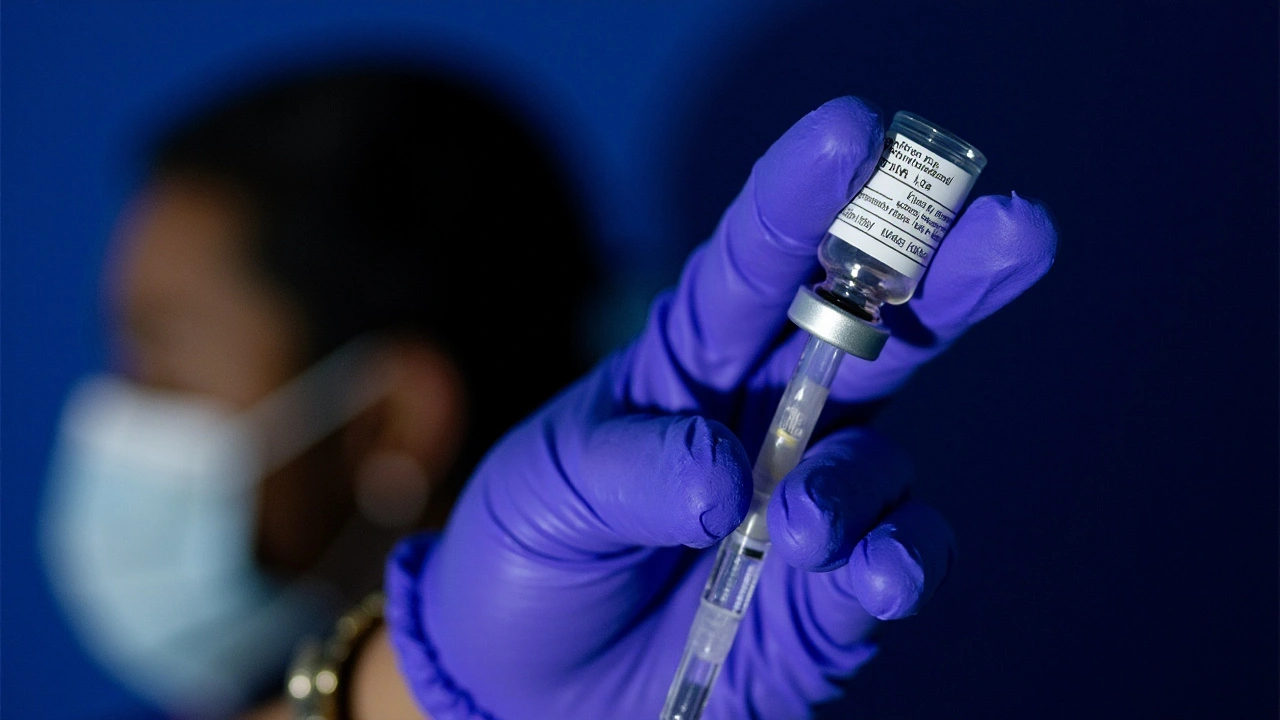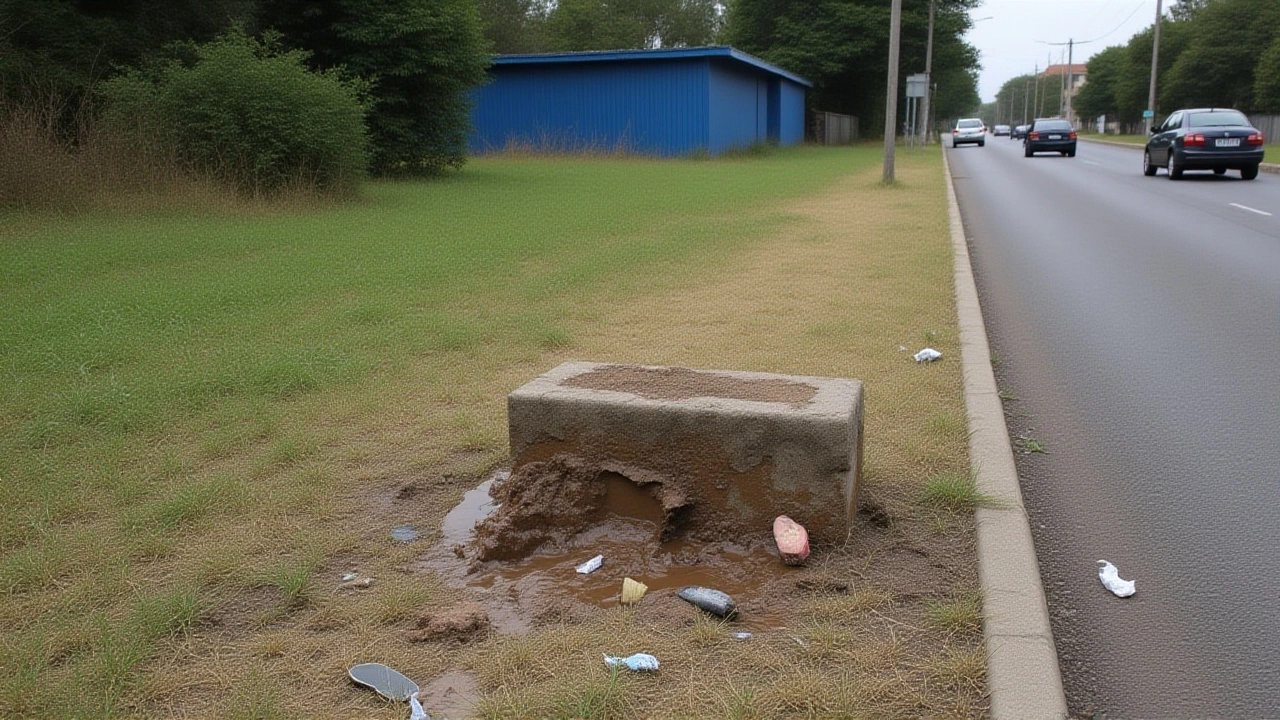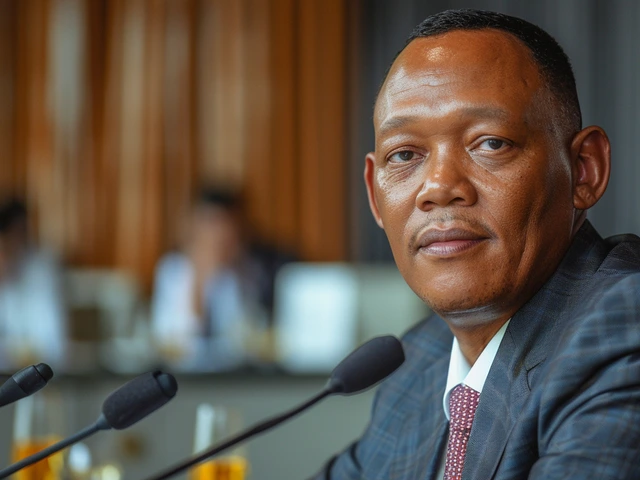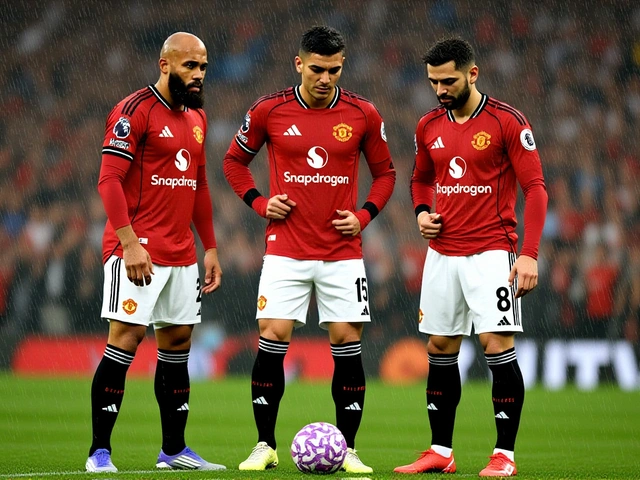Africa CDC Declares Mpox a Public Health Emergency
The rapid spread of the Mpox virus across Africa has prompted the Africa Centers for Disease Control and Prevention (Africa CDC) to declare it a public health emergency. This announcement comes as fears grow about the potential for wider international spread.
Mpox, also known as monkeypox, was first identified in 1958. Primarily affecting central and west Africa, this virus has recently been reported in several East African countries including Burundi, Kenya, Rwanda, and Uganda. These new outbreaks have been connected to the larger epidemic in the Democratic Republic of Congo. The surge in cases is alarming, with an increase of 160% in infections and a 19% rise in deaths compared to the same period last year.
International Attention and Support
The global health community is taking notice. The World Health Organization (WHO) has convened an expert meeting to consider an emergency declaration of its own. In response to the escalating situation, WHO has released $1 million from its emergency fund to support the fight against Mpox in Africa.
Dr. Jean Kaseya, Director General of Africa CDC, and Professor Michael Marks from the London School of Hygiene and Tropical Medicine have been vocal about the critical need for more resources. They emphasize that a coordinated international response is essential in managing and eventually controlling this crisis.
A New Form of Mpox: Challenges in Detection
Compounding the situation is the emergence of a new form of Mpox in Congo. This variant, capable of killing up to 10% of those infected, exhibits milder symptoms. Lesions primarily appearing on the genitals add to the difficulty in early detection. As a result, many cases might go unnoticed until it's too late.
The Impact on Children
The outbreak has disproportionately affected children under the age of 15. They account for over 70% of cases and a staggering 85% of deaths in Congo. These statistics underscore the vulnerability of this demographic and the pressing need for effective intervention measures.
Call for Vaccines and International Aid
Health experts are underscoring the importance of international assistance and the distribution of vaccines. Their argument hinges on the precedent set during the global Mpox vaccine rollout in 2022, which successfully curtailed the spread of the virus. By ensuring an adequate supply of vaccines and deploying them strategically, the outbreak's momentum can be slowed.
Implementing a timely and robust response is paramount, as the rapid escalation of cases could soon overwhelm already stretched healthcare systems in the affected regions.
United Global Efforts: A Need of the Hour
Ensuring a well-coordinated and concerted effort not only within the continent but globally is imperative. International health agencies, humanitarian organizations, and governments must pool resources to tackle this emergent threat head-on.
This is more than just a regional health crisis; the risk of international spread necessitates a global stance.
A Historical Context
While Mpox has historically affected central and western African regions, the reach of this outbreak into East Africa is particularly concerning. The increased movement of people and goods in and out of these regions makes it more challenging to contain.
Lending historical context to this crisis, previous Mpox outbreaks were more easily managed, partly owing to less interconnected communities and limited international travel. The current scenario, marked by globalization, adds layers of complexity to containment and response efforts.
The Path Forward
Among the critical steps forward are increased surveillance, quicker diagnostic capabilities, and public education campaigns. The goal is not just containment but prevention of future outbreaks and establishing long-term health resilience.
As Africa battles this public health emergency, the collective goal remains clear: to safeguard lives, prevent international spread, and equip health systems with the resources necessary to end this outbreak. The global community's role in this fight is crucial, and their support could mark the difference between control and catastrophe.








Rahul Sharma
August 14, 2024 AT 21:46 PMThe Mpox situation in Africa has erupted into a full‑blown public health emergency, and we cannot afford to treat it as a peripheral issue!
From a virological standpoint, the 160 % surge in infections signals a failure in early containment measures, which should have been instituted years ago.
Moreover, the emergence of a new variant with atypical genital lesions dramatically hampers detection, requiring a re‑evaluation of surveillance protocols.
Health ministries across Burundi, Kenya, Rwanda, and Uganda must immediately scale up polymerase‑chain‑reaction testing capacity, ensuring that laboratories can process at least ten thousand samples per day.
Simultaneously, contact‑tracing teams need to be trained in recognizing the subtler clinical presentations, because relying solely on classic rash identification will miss a large proportion of cases.
The WHO’s allocation of one million dollars, while commendable, is a drop in the bucket compared to the resources needed for vaccine procurement, cold‑chain logistics, and community outreach.
In my view, an emergency declaration by the WHO should be coupled with a binding commitment from donor nations to provide at least 50 % of the required vaccine doses within the next three months.
The vaccine rollout in 2022 demonstrated that rapid immunization can truncate transmission curves, and the same model should be adapted for pediatric populations, who currently bear a disproportionate mortality burden.
Children under fifteen account for an alarming 70 % of cases and 85 % of deaths in the Congo, underscoring the urgency of deploying child‑appropriate formulations.
Additionally, public education campaigns must be culturally tailored, leveraging local leaders and radio stations to dispel myths surrounding Mpox transmission.
We also need to address the socioeconomic determinants that facilitate spread, such as crowded living conditions and limited access to clean water.
International NGOs should coordinate with African CDC to deliver personal protective equipment to frontline healthcare workers, whose safety is paramount for sustaining the response.
Data sharing platforms must be strengthened, enabling real‑time reporting of new cases and genomic sequencing results to track the spread of the novel variant.
Finally, long‑term investment in health system resilience, including training of epidemiologists and reinforcing supply chains, will prevent future crises from spiraling out of control.
In sum, a multi‑layered strategy-combining aggressive vaccination, enhanced diagnostics, community engagement, and robust funding-represents the only viable path forward.
Delaying action any further will only amplify the human toll and increase the risk of global dissemination.
Emily Kadanec
August 14, 2024 AT 23:09 PMI think the WHO should just dump more vaccine doses there, no biggy.
william wijaya
August 15, 2024 AT 01:22 AMSeeing the stats makes my heart sink, especially the 85 % child mortality rate in Congo – it’s heartbreaking.
The new Mpox variant’s subtle genital lesions are a diagnostic nightmare, forcing clinicians to rethink case definitions.
From an epidemiological perspective, the 160 % rise in cases suggests a steep, unchecked reproduction number.
We need rapid point‑of‑care PCR kits deployed to remote clinics, otherwise we’ll be chasing shadows.
Moreover, the psychosocial impact on families dealing with stigma around genital lesions cannot be ignored.
International partners must fund both medical supplies and community counseling services to mitigate this trauma.
In short, a coordinated, multi‑disciplinary response is the only way to turn this tide.
Lemuel Belleza
August 15, 2024 AT 04:42 AMAnother outbreak, same old story.
faye ambit
August 15, 2024 AT 08:52 AMThe humanitarian dimension of this crisis is profound; children are bearing the brunt of a disease that could be mitigated with timely action.
While vaccines are a critical tool, we must also respect local customs and beliefs when designing outreach programs.
Inclusive dialogue with community elders can bridge the gap between science and tradition.
Our collective responsibility extends beyond borders – disease knows no passport.
Hope lies in solidarity and sustained investment in health infrastructure.
Subhash Choudhary
August 15, 2024 AT 14:26 PMTotally agree with Rahul – the testing capacity needs a massive boost, and the WHO should lock in those vaccine commitments ASAP. Also, those local radio spots can really help clear up the weird lesion myths.
Ethan Smith
August 15, 2024 AT 21:22 PMWhile the suggestion to increase vaccine supplies is valid, it should be accompanied by a clear distribution plan to ensure equitable access across all affected regions.